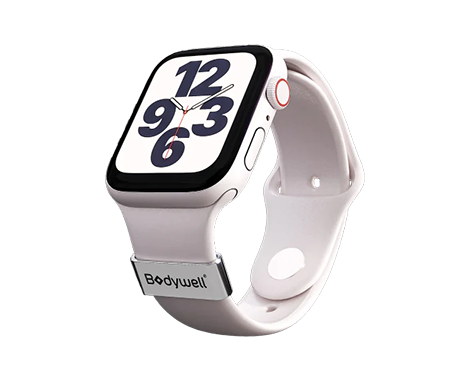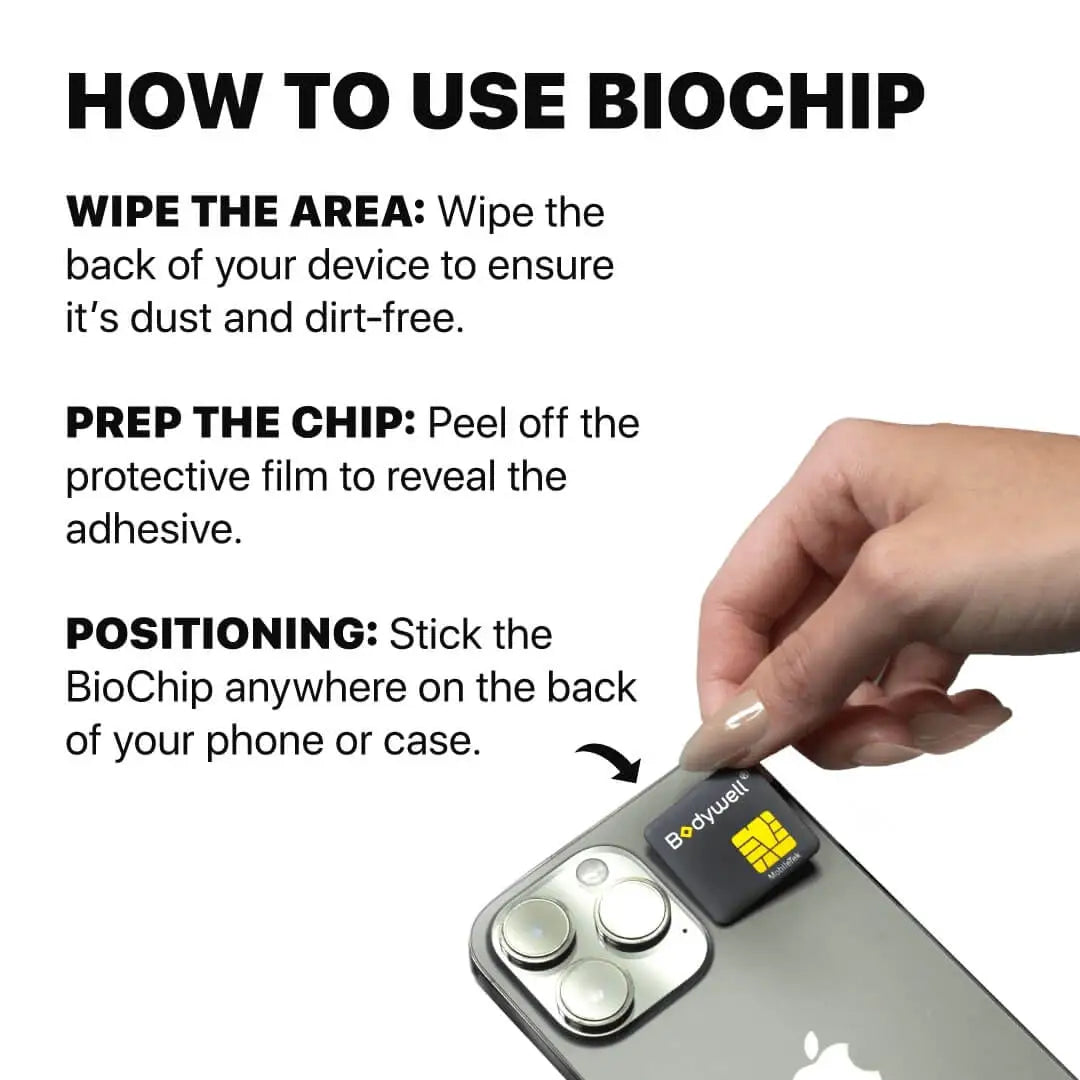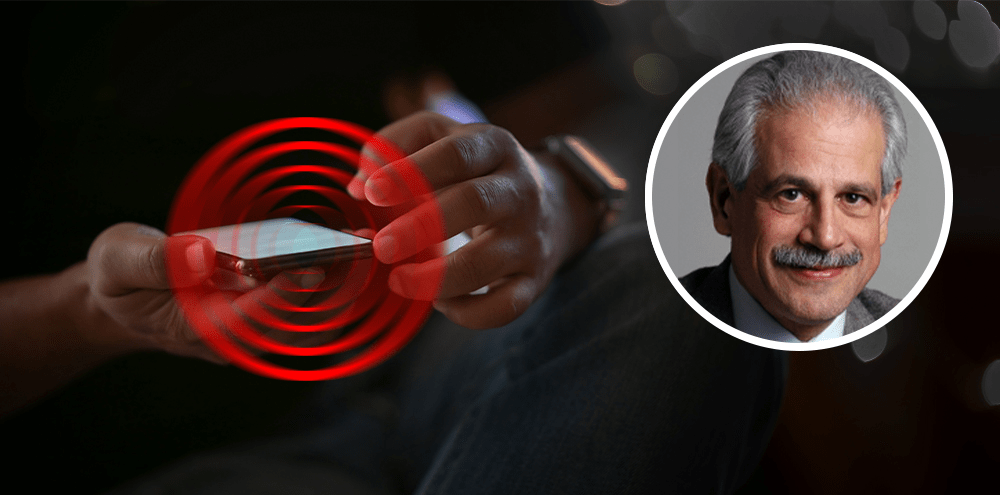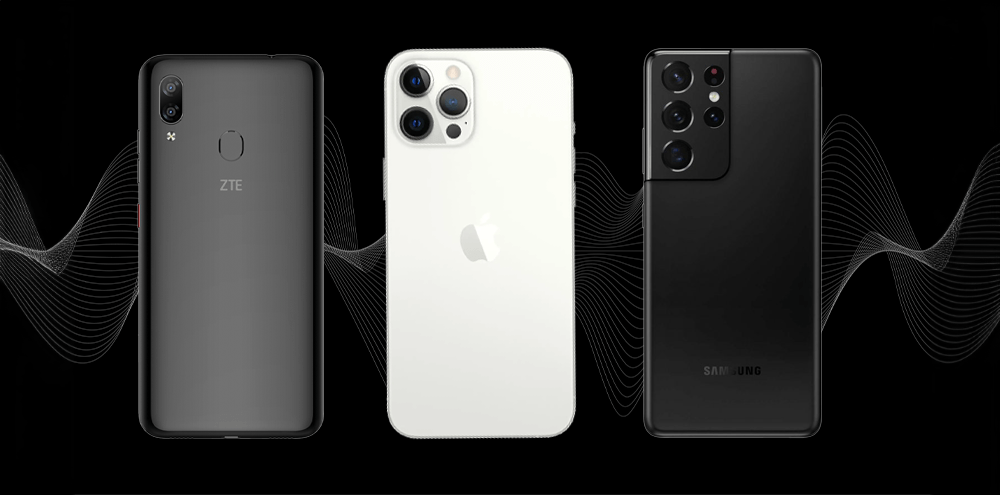Mobile Phones and the Obesity: Is There a Link?
In today's world, mobile phones are more than just communication tools—they're essential to daily life. However, as mobile phone usage has surged, so too has the prevalence of obesity. Could there be a connection? A recent study explored whether the radiation emitted by mobile phones could influence food intake and contribute to the rising obesity rates, particularly in children and adolescents.
How Mobile Radiation Might Be Affecting Your Brain
Mobile phone usage is an essential part of day-to-day communication in modern society. Thirty years ago, the first mobile phone began its global rise, leading to more than six billion subscriptions worldwide. During the same period, there has been a significant increase in body weight and obesity across the human population. According to the Global Burden of Disease study, obesity is now one of the leading risk factors for death globally. Alarmingly, one in five children and adolescents worldwide are overweight, and studies have found a strong association between mobile phone usage and overweight in children.
At first glance, the simultaneous rise in mobile phone usage and body weight gain might seem coincidental. However, emerging evidence suggests that these two phenomena may be more closely linked than previously thought. Mobile phones emit radio frequency-modulated electromagnetic fields (RF-EMFs), with more than 80% of this radiation absorbed by the head. Once absorbed, this radiation penetrates the brain, where it can influence various physiological processes, including glucose turnover, cortical excitability, and cognitive-motor functions.
In children and adolescents, the situation is particularly concerning. A recent study by Birks and colleagues highlighted that mobile phone calls on 2G networks are the primary source of brain dose in younger users. This radiation is absorbed more deeply in children's brains compared to adults, potentially leading to greater impacts on brain function. One of the key areas affected is the regulation of food intake, which is controlled by the hypothalamus and central nervous appetite mechanisms.
The Experiment: Investigating the Effects of Phone Radiation on Eating Habits
Researchers conducted a controlled experiment with 15 healthy young men to explore this. Participants were exposed to two different mobile phones operating at standard frequencies (900 MHz) for 25 minutes. The study was meticulously designed, with participants fasting beforehand, and blood glucose levels monitored to ensure compliance. The experiment compared the effects of mobile phone radiation to a sham (inactive) condition, with participants' food intake measured after exposure.
Key Findings: More Radiation, More Calories
The results were striking. The findings of this study were both unexpected and significant, revealing a clear link between mobile phone radiation and increased calorie consumption.
Participants exposed to active mobile phones consumed 22% and 27% more calories, respectively, compared to when they were in the sham (inactive phone) condition. This increase was not random but was specifically driven by a higher intake of carbohydrates and proteins. The data showed that after exposure to mobile phone radiation, participants gravitated towards these macronutrients, which are essential for immediate energy replenishment.
This finding suggests that mobile phone radiation might be influencing the body's natural hunger signals, pushing people to eat more than they typically would. The fact that nearly all participants showed this increase in calorie intake underscores the potential widespread impact of mobile phone radiation on eating behavior.
The Science Behind It: How Mobile Radiation Disrupts Brain Energy
Delving deeper into the study, researchers found that mobile phone radiation had a noticeable effect on the brain's energy homeostasis. The brain's energy balance is crucial for regulating various bodily functions, including hunger and satiety. The study measured levels of high-energy phosphates, such as adenosine triphosphate (ATP), which are vital for cellular energy.
Upon exposure to RF-EMFs from mobile phones, there was a marked increase in ATP levels in the brain. ATP is the primary energy carrier in cells, and its heightened levels suggest that the brain is undergoing a metabolic shift in response to the radiation. This disruption in energy balance could be triggering the brain to signal for more food, as it attempts to compensate for the altered energy dynamics.
Additionally, the study found that the ratio of phosphocreatine (PCr) to inorganic phosphate (Pi)—another indicator of the brain's energy status—was also affected by mobile phone radiation. This change further supports the idea that RF-EMFs can influence the brain's energy metabolism, potentially leading to changes in appetite and food consumption. The increased intake of carbohydrates, in particular, aligns with the body's need for quick energy to stabilize the disrupted energy homeostasis caused by radiation
This insight opens up new avenues for understanding the complex relationship between modern technology and human health, particularly in the context of diet and obesity.
Why These Results Matter in the Fight Against Obesity
These findings are particularly concerning in the context of the global obesity epidemic. Understanding the factors that contribute to overeating is crucial, and the potential role of mobile phone radiation adds a new dimension to the conversation. The study's results align with previous research in animals, which also showed that RF-EMF exposure can lead to weight gain and increased food intake.
Looking Ahead: How to Protect Yourself from Radiation
As we become more aware of the potential health impacts of mobile phone radiation, it's essential to take proactive steps to protect ourselves.
While avoiding mobile phone use entirely may not be possible, several strategies can help minimize your exposure to electromagnetic fields (EMFs):
- Use a Speakerphone. Opting for a speakerphone during calls can significantly reduce the amount of radiation absorbed by your head, keeping your brain safer.
- Limit Call Duration. Shorten your phone calls and consider texting or using voice messaging as alternatives to prolonged phone conversations, which can minimize your overall exposure.
- Carry Your Phone Away from Your Body. When not in use, keep your phone in a bag or on a desk instead of in your pocket or close to your body. This simple practice reduces direct exposure to RF-EMFs.
- Use EMF Protection. Consider using devices designed to reduce ELF-EMFs, such as Bodywell®, in environments with high exposure. The key benefits of using Bodywell® include:
- Thermal Reduction. Bodywell® products can reduce thermal absorption by up to 20%, helping to minimize heat-related effects from EMF exposure.
- Reduction in SAR. Bodywell® products have demonstrated an 80% reduction in SAR, significantly lowering the amount of radiation absorbed by the body.
- pH Recovery. Prolonged EMF exposure can disrupt the body's pH balance. Bodywell® products help recover pH levels by 100%, maintaining the body's natural equilibrium.
By implementing these protective measures, you can reduce your exposure to mobile phone radiation while still enjoying the convenience of modern technology. As research into the effects of EMF exposure continues, it's wise to stay informed and take steps to protect your health.
Final Thoughts: The Need for Awareness and Further Research
This study underscores the need for further research into the potential health impacts of mobile phone radiation. As we continue to rely on mobile devices, understanding their influence on brain function and eating behavior could be key to addressing the obesity crisis. The findings suggest that RF-EMFs might be a contributing factor to overeating, which could have serious implications for public health.

















Leave a comment
This site is protected by hCaptcha and the hCaptcha Privacy Policy and Terms of Service apply.